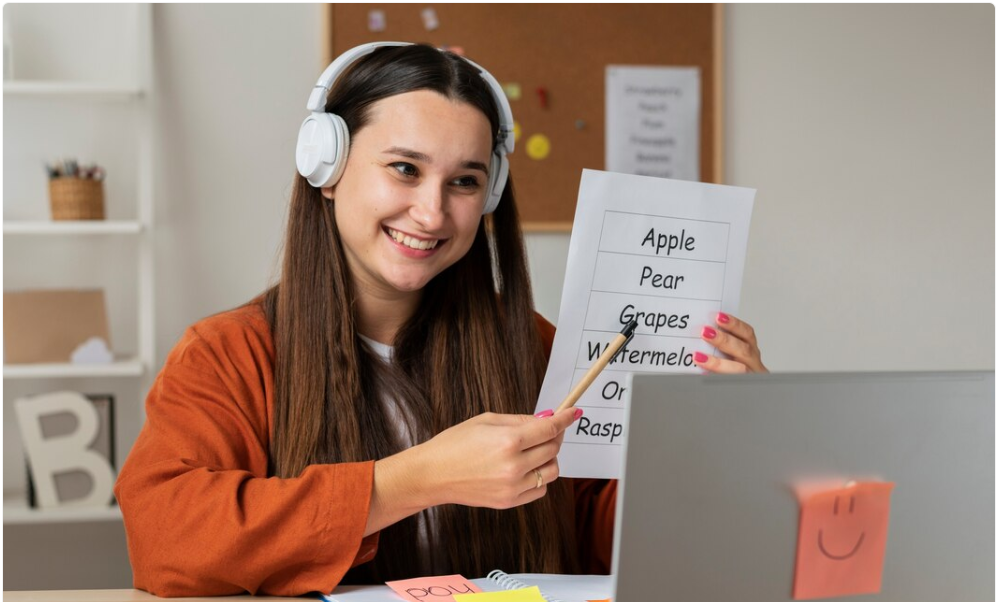How to Learn New Languages Quickly as an Expat
Living abroad is a thrilling adventure, filled with new experiences, challenges, and opportunities for personal growth. Among the most valuable skills an expat can develop is fluency in the local language. Whether you’re relocating for work, education, or lifestyle, learning the native language is key to thriving in your new environment. It not only improves daily communication but also fosters cultural understanding and deepens connections with the local community. Here’s how you can accelerate your language learning journey as an expat.
1. Immerse Yourself Daily
One of the most effective ways to learn a new language quickly is through immersion. As an expat, you’re already surrounded by opportunities to engage with the language. Make the most of this by integrating it into your daily life. Switch your phone and social media settings to the target language, read local newspapers, watch television shows or YouTube channels, and listen to local music or radio.
Living in the country where the language is spoken provides a distinct advantage—exposure. Even if you don’t understand everything initially, the constant auditory and visual presence of the language will help reinforce your learning.
2. Take a Structured Language Course
While immersion is crucial, combining it with formal study ensures a solid foundation in grammar, vocabulary, and pronunciation. Enroll in a local language school or take online classes tailored for expats. Many cities offer government-sponsored or community-based language programs that are affordable or even free.
Online platforms like Duolingo, Babbel, Rosetta Stone, or Italki offer flexible options for learners at all levels. Hiring a private tutor is also an excellent option if you prefer a more personalized learning experience. A structured course helps maintain discipline and provides measurable progress.
3. Practice Speaking From Day One
Speaking is often the most intimidating part of language learning, but it’s also the most critical. Begin practicing from your first day, even if you only know a few words. Locals generally appreciate your effort and are usually more than willing to help you improve.
Start with common phrases used in daily life—greetings, ordering food, asking for directions—and gradually expand your vocabulary. The more you practice speaking, the more confident and fluent you’ll become.
4. Make Local Friends
Social interaction is a powerful language-learning tool. Make an effort to connect with locals who speak the language you’re trying to learn. Join clubs, attend community events, or use social networking apps to meet new people.
Friendships offer a supportive environment where you can practice your language skills without fear of judgment. Additionally, your friends can introduce you to slang, idioms, and cultural references that textbooks may not cover.
5. Use Language Exchange Programs
Language exchange is an excellent way to improve your conversational skills. In these programs, two individuals meet to practice each other’s native languages. For example, a Spanish speaker learning English can partner with an English speaker learning Spanish.
Apps like Tandem, HelloTalk, or Meetup can help you find language exchange partners nearby or online. It’s a mutually beneficial arrangement and can lead to long-lasting friendships.
6. Label Your Environment
Labeling household items in the target language is a practical way to expand your vocabulary. Stickers with the names of everyday items like “refrigerator,” “window,” or “chair” serve as constant visual reminders.
This method creates a visual-linguistic connection, helping your brain associate the word with the object naturally. It’s a simple but highly effective learning technique, especially for beginners.
7. Keep a Language Journal
Writing helps reinforce what you’ve learned and reveals areas needing improvement. Start a language journal where you write daily entries about your experiences, thoughts, or observations in the target language.
You don’t need to write long passages—just a few sentences a day can significantly improve your grammar, spelling, and vocabulary. Over time, you’ll be able to look back and track your progress.
8. Embrace Mistakes
Fear of making mistakes can be a major barrier to language acquisition. However, mistakes are an inevitable and necessary part of learning. Each one is a stepping stone toward fluency.
Embrace them as opportunities for growth. Most native speakers will understand and appreciate your efforts, even if your grammar isn’t perfect. The more you practice, the fewer mistakes you’ll make.
9. Be Consistent
Consistency is key to learning any new skill. Set aside time each day for language study, even if it’s just 15-30 minutes. Regular practice builds momentum and keeps the language fresh in your mind.
Use spaced repetition techniques (like flashcards with Anki or Quizlet) to reinforce vocabulary. Daily exposure—no matter how brief—has a compounding effect over time.
10. Set Realistic Goals
Set achievable and specific goals to stay motivated. Instead of aiming to “be fluent in six months,” set targets like “learn 20 new words this week” or “have a five-minute conversation in the local language by the end of the month.”
Tracking your progress with small milestones keeps you focused and gives you a sense of accomplishment that fuels further learning.
Conclusion
Learning a new language as an expat may seem daunting, but with the right approach and mindset, it can become one of the most rewarding parts of your journey abroad. Immersion, structured learning, consistent practice, and a willingness to make mistakes are all crucial elements of success.
By embracing the process, you’ll not only acquire a new skill but also unlock a deeper understanding of your host country’s culture, people, and way of life.
Stay Connected for More Travel and Lifestyle Inspiration. For more insights into travel, culture, and lifestyle tips, follow me on Instagram @salvadorordorica. If you’re seeking professional translation and localization services to enhance your global ventures, visit The Spanish Group — your trusted partner in bridging cultures worldwide.


Recent Comments